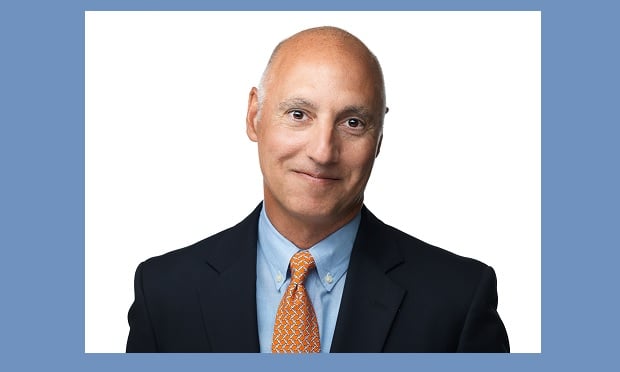NU Online News Service, July 2, 10:35 a.m. EDT
Property and casualty insurance trade groups are voicing general support for financial services reform legislation as passed by the House, especially because it preserves state regulation of insurance.
Several trade groups also lauded the decision of the conferees earlier this week to reopen the conference and remove a provision that would have imposed a tax on financial services companies, including insurers, to pay the cost of implementing the legislation.
Recommended For You
Want to continue reading?
Become a Free PropertyCasualty360 Digital Reader
Your access to unlimited PropertyCasualty360 content isn’t changing.
Once you are an ALM digital member, you’ll receive:
- Breaking insurance news and analysis, on-site and via our newsletters and custom alerts
- Weekly Insurance Speak podcast featuring exclusive interviews with industry leaders
- Educational webcasts, white papers, and ebooks from industry thought leaders
- Critical converage of the employee benefits and financial advisory markets on our other ALM sites, BenefitsPRO and ThinkAdvisor
Already have an account? Sign In Now
© Touchpoint Markets, All Rights Reserved. Request academic re-use from www.copyright.com. All other uses, submit a request to [email protected]. For more inforrmation visit Asset & Logo Licensing.







